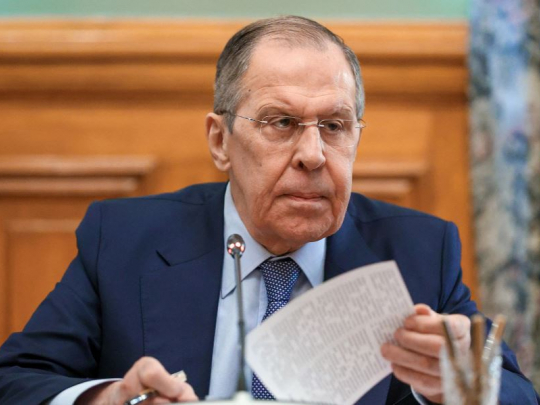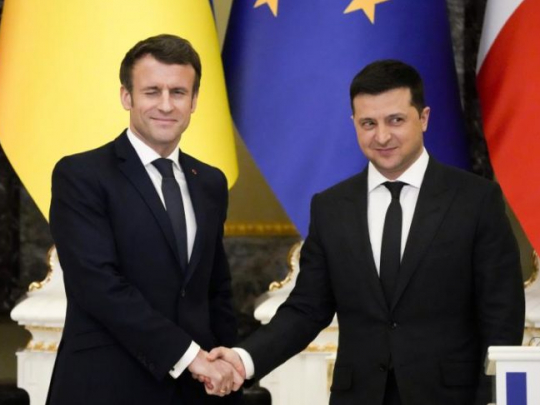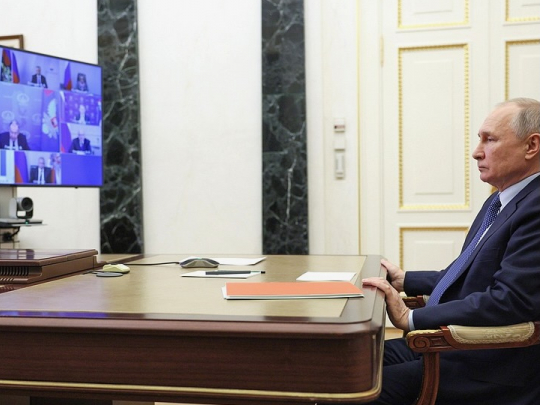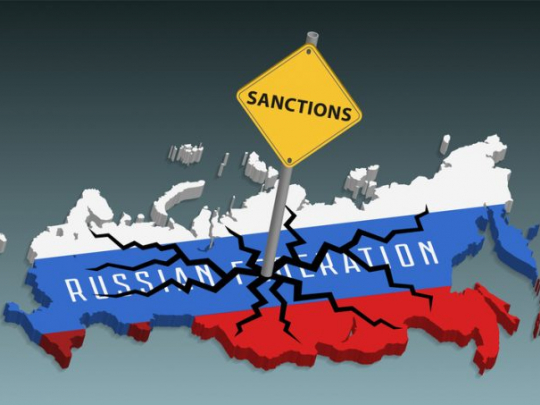Autumn in Palestine
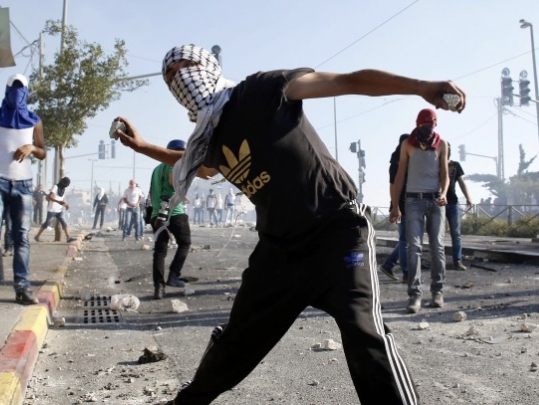
Autumn is beautiful in Palestine: overripe blue-green figs, unpicked pomegranates pecked by birds, heavy grapes turn red. Now is the olive harvest time, and the burghers of Bethlehem and its twin city Beth Jala (everyone owns a plot with olive trees) bring heavy sacks full of green and black olives to the local oil press equipped by the latest Italian machinery. They watch like eagles over their olives from the moment they come to a moving band and until greenish viscous oil pours out from the pipe on the other end. This is a very important time for them: this precious liquid (costing from $8 to $15, depending on the exact origin) is a staple food for the Palestinians.
In the same time, a few hundred yards away, in a fashionable café Bonjour the students of Bethlehem University frolic around big wooden tables and smoke their waterpipes. It is a mixed crowd, relaxed boys and cheerful girls. The girls don flamboyant and coquettish headscarves that frame their pretty smooth faces. These Islam-prescribed scarves do not have to be black and grim. The boys, tall and gracious, sport casual wear of the latest cut. They came from all corners of Palestine, from Jenin in the North to Hebron in the South, and even from the remote Gaza to this hospitable and liberal city. They speak perfect English with foreigners, this new generation that grew in the relative prosperity of recent years.
Meanwhile busloads of tourists and pilgrims proceed into the ancient basilica erected by St Constantine above the cave where the Virgin gave birth to Christ. This still is a Christian city, even more so is Beth Jala, its neighbour. The Christians and Muslims live together, as they did for fourteen hundred years, since Islam came here, a model of cooperation and friendship.
Just a mile away from the Church and the café, Israeli soldiers shoot tear gas grenades at small kids, black smoke of a burning tyre laced with white smoke of tear gas. They already had their kill of a day: a passer-by was frightened by the stray dogs and run away, but they shot him in the back and killed him. An elderly woman in a car was killed, too: the soldiers said she drove too fast and endangered them. Fearless kids of the Aida refugee camp throw stones at soldiers, though a new Israeli law stipulates no less than two years of jail for this offence. There is no punishment for killing kids.
The perfume Bethlehem wears is the scent of tear gas, its music a symphony of gunfire, muezzin’s calls and church bells. But the people pay less attention to this low-volume violence than they did in 2002, when all were mobilised to the struggle.
Some things changed in Bethlehem: bright young things in jolly cafes, SUVs, supermarkets, nascent middle class. Some things remained as they were years ago, that is the church, olives and soldiers. Of them, the Jewish soldiers appear the most anachronistic relic, Herod’s men stuck in the past amidst blossoming modernity. They are out of place and out of time.
It was not so obvious years ago, when all of Palestine was a wonderful relic of old times, with old men riding donkeys, girls fetching jars of water from the spring and boys picking olives. Then, Palestine felt immemorial, unchanged since the days of Christ, a living past. Jewish soldiers were also a part, a cruel part of its past. I loved the backwardness of Palestine, and would wish it remained forever like it was when I first came here fifty years ago.
But the world changed. Palestine woke from its slumber, too. Its cities grew tenfold, industries prospered, a new generation grew up. They travel abroad, study in the US and Russia, visit the Gulf. Instead of a donkey or a battered Peugeot, they go around in new SUVs. And the permanent Israeli siege seems to be out of place, like an interfering supervision of spanking schoolmaster for an adult, or of a prison warden for a free man.
The Israeli army hangs around the city, controlling its exits and entrances, with the enclave of Rachel’s Tomb fully enclosed by walls and blocking the main street and the road to Jerusalem. The enclave is stuck like fishbone in the throat; it is a place of frequent friction, for here the soldiers are actually inside the city. Aida refugee camp lies next to it, adding willing youngsters to the inflammable mixture. However all Palestinians, young and old, rich and poor, are extremely dissatisfied with the present conditions of permanent house arrest.
There is no feeling of general uprising on the Palestinian street, not yet. But nobody I asked was ready to bet whether the present wave of unrest will surge into a new intifada (uprising) or will it die out. Much depends on the Israeli government of Mr Netanyahu, and they do not mind some escalation.
The Jews want a small controlled Palestinian uprising to provide a plausible and visible reason to kill young activists. For them, uprisings and suppressions are like mowing a lawn, something to be done every ten-fifteen years. As a new generation grows up and the horrors of previous suppression are forgotten, that’s the time to jumpstart a new uprising and to kill the active and the best. Only placid and obedient stay-at-home should survive. This scheme worked before, but in the very volatile situation in the Middle East, this may be dangerous. That’s why the signals are mixed.
Real improvements in the Palestinian economy and its integration in the global trade made Palestinians not too keen to try. The last four years were quite good for them. The Palestinians could be envied – in comparison with the neighbours, with the civil war in Syria, with the harsh military dictatorship in Egypt. Palestinians live better, and they are not eager to die. Moreover, there are open and loud voices calling to stop suicide attacks. “Palestine needs you alive, – wrote a Palestinian activist in Ramallah, – Rage. Rebel. Flood the streets and the roadblocks. But don’t die.”
They try a “smart resistance”, in words of Jonathan Cook, a wonderful young British journalist who settled a few years ago in Nazareth, married and ‘gone native’. He is one of the reliable Palestine watchers, not subdued or bribed by the Israelis. We met in a pleasant restaurant in Nazareth; the venue was full – the Palestinians of this Galilean city are doing well on tourism. They opened many small hotels, and seem to be rather content.
They were also under Jewish military rule until 1956, but not anymore. In a way, Nazareth could be a model for Bethlehem and other Palestinian cities. Integration has more attraction than a new partition. Palestinians of Nazareth would not like to become subjects of the PNA (Palestinian National Authority) in Ramallah.
The idea of integration (One State solution) is mooted for years, since I made it public in 2002, but it did not move forward a single inch. This is true about the generally accepted Two State solution, as well. Politically, things do not change at all. For years, there are no negotiations, and it seems nobody believes in their renewal. Violence leads nowhere, and non-violent resistance also brings no fruits. Not in vain, Netanyahu promised there will be no Palestinian state while he is at the helm.
However, it is a mistake to consider him as the only obstacle to peace. Netanyahu is surely awful, but so are other Israeli politicians. He is not worse than the Zionist Left, former Labour now called the Zionist Union. He actually eased many restrictions; there are now much fewer roadblocks than there were during Labour rule; now Palestinians over 50 can travel all over the country without a permit. Young people can get a working permit and work in Jerusalem, earning a bit more money. Labour was and is strictly against integration. They are for separation; for all practical reasons they support Netanyahu. They are more interested in gender agenda, gay rights and women empowerment. Palestinians are of little interest for them.
The Zionist Left is hostile to Bashar Assad and to Russia; they love Tony Blair and Mme Clinton. A left-of-Labour luminary Nitzan Horowitz attacked Putin in terms you’d expect to hear from an American neo-Conservative. Putin is a “macho” (probably the worst word in the gay Zionist lexicon), he is an ex-KGB. “It is the primarily the United States and the U.S.-led Western coalition that is bombing Islamic State targets. Only a small portion of the Russian assaults have been against ISIS targets. By chance? By accident? No. And no. Putin is mainly attacking the moderate pro-Western Syrian opposition groups”, writes Horowitz.
Palestinians do support the Russian offensive in Syria. The students hope Putin will save Palestine, too. They admire this strong man of Russian politics. But Putin is not keen to make Israel an enemy. The Russians do work in Palestine; building culture centres, taking young people to study to Russia. They work with the PNA and with Abu Mazen, the man vilified by the Israelis as the inciter to violence.
Abu Mazen is not a very efficient or a popular ruler. His term of office ran out years ago, but he still sticks to the president’s chair. The Israelis do not allow new elections; it seems he is not very keen on it, either. His grip on his own party, the Fatah, is weak; many Palestinians prefer Hamas, the Palestinian offshoot of the Egyptian Ikhwan, the Muslim brotherhood, who are perceived as honest, clean, non-corrupt and caring for the poor. Abu Mazen and his milieu are neo-liberals; the wealthy grow rich, the poor stay poor. While strong on nationalist rhetoric, they are not concerned with social justice. The talk about poor and rich divide is a taboo in Palestine.
The nationalist agenda is in decay, too. Palestinians are annoyed by Abu Mazen’s declaration that “security cooperation with Israel is a sainted and untouchable tenet”. They consider him weak, inefficient, and – for some – even an Israeli puppet. Netanyahu undermined his position, and now Abu Mazen probably is not able to do much. His diplomatic game in the UN goes on, slowly and rather successfully, but it is not translated to the facts of the ground. “We hate Abu Mazen”, say the bright young people in Bethlehem and the street urchins fighting the soldiers in one voice. The intifada will be not only against Israelis, but against the PNA, as well, people tell me.
The Palestinians need, want and deserve freedom of movement, jobs, decent life, end of discrimination, basic equality with Jews. Their situation pushes some of them, the more desperate ones, into suicide attacks of Jews. They have no weapons, so they use knives. Such attacks usually end with death of the attacker. This mini-intifada of knives, or of el-Aqsa, is still a single-man (or woman) fight. No political movement stands behind this housewife or that kid with a kitchen knife. Remember, that during the Intifada of 2002, Fatah and Hamas supported the rebellion; not so now. Only in the second month of the upheaval, the Palestinians used guns in a few ambush attacks.
Netanyahu tries to push them to insurrection. At first, he sent his bulldozers to uproot millennia-old olive trees off the church land near Cremisan Monastery. The land will be used for a new Jews-only settlement. The Jewish fanatics burned the Church of Loaves and Fishes at the Sea of Galilee shore, and naturally they were not found. The settlers burned alive a Palestinian family – an eight month old baby, his elder brother and parents – in Duma village and they weren’t detained either, though their identity was known to the authorities. The Jewish government permitted to shoot at Palestinian children from Ruger 10/22 sniper rifle and casualties grew, notably a Bethlehem kid Aboud Shadi.
Aunts aren’t gentlemen, wrote P G Wodehouse. Jews aren’t, either. The idea of fair play, or some rules, of sportive behaviour even at war is totally foreign, “goyish”, for Jews. They are after results; for them, the goal always justifies the means. They use ambulances to get close to their targets. A few days ago they came to a Hebron hospital disguised as a Palestinian family accompanying a woman giving birth. While inside, they snatched a wounded man from his bed and shot his relatives dead.
They really do not care for sanctity of hospitals or churches, of children and women. There was a Christian hospital to the South of Bethlehem; the Jews established a fictitious Swedish church to buy the hospital and the land. Afterwards, the “Swedish church” disappeared while the building was transferred to the settlers. The man behind it was the infamous Mr Irving Moskowitz, the US Bingo king, but this thieving deal was approved by the Jewish state.
The Palestinians are too nice to do such nasty things. But in the end, God will not allow injustice to win. Jewish karma will make them pay for their evil deeds. Pity that so many people will suffer until things are settled.
- Source : Israel Shamir




